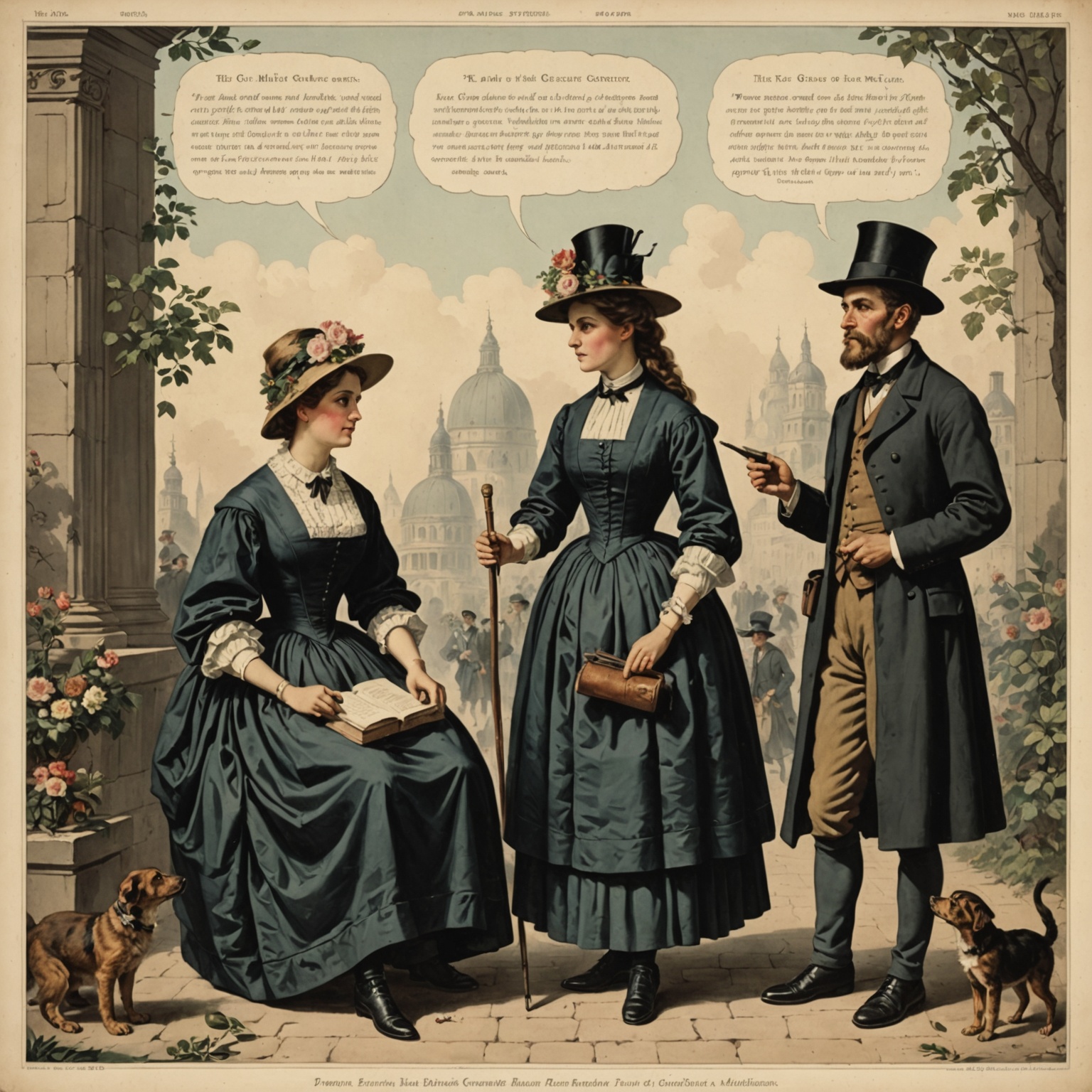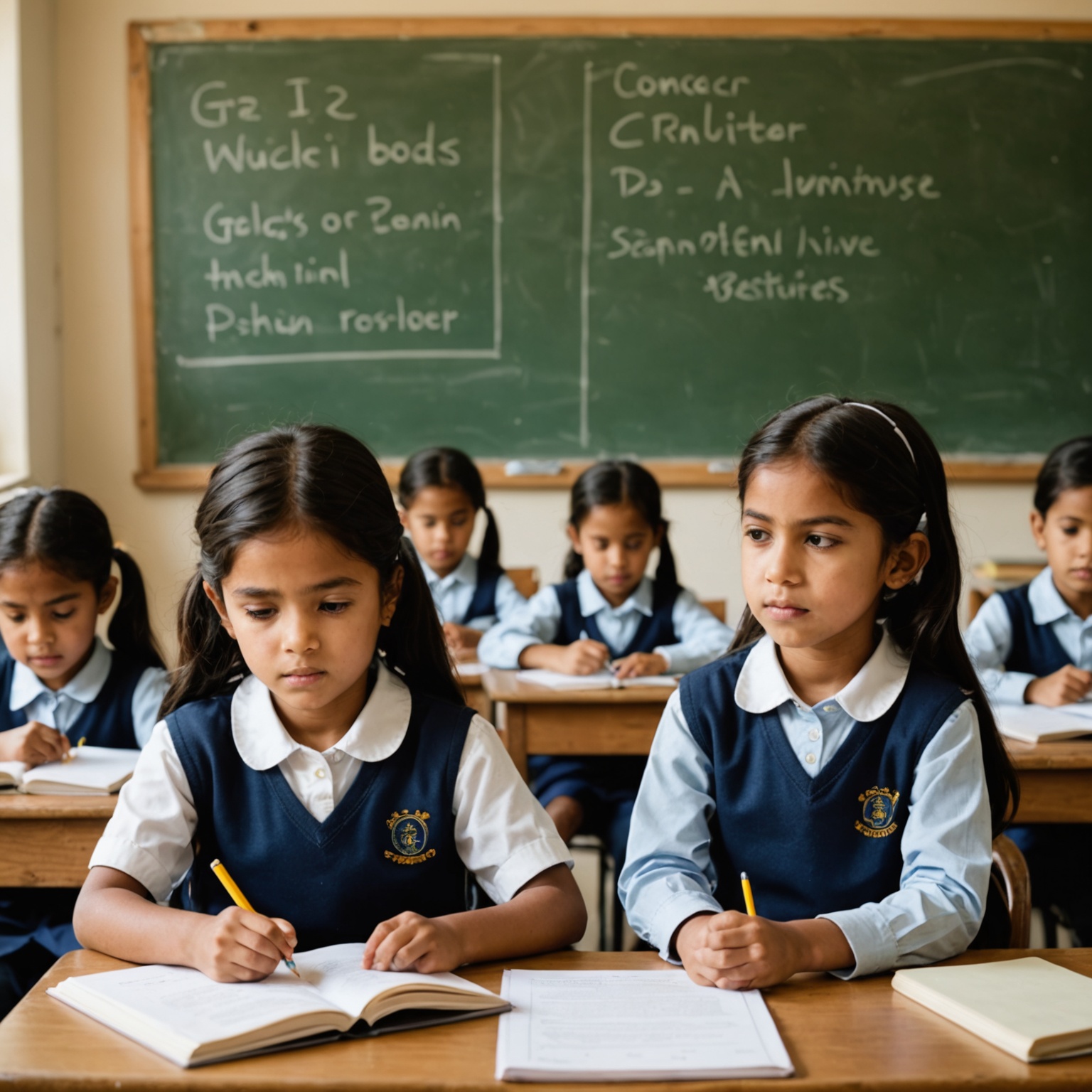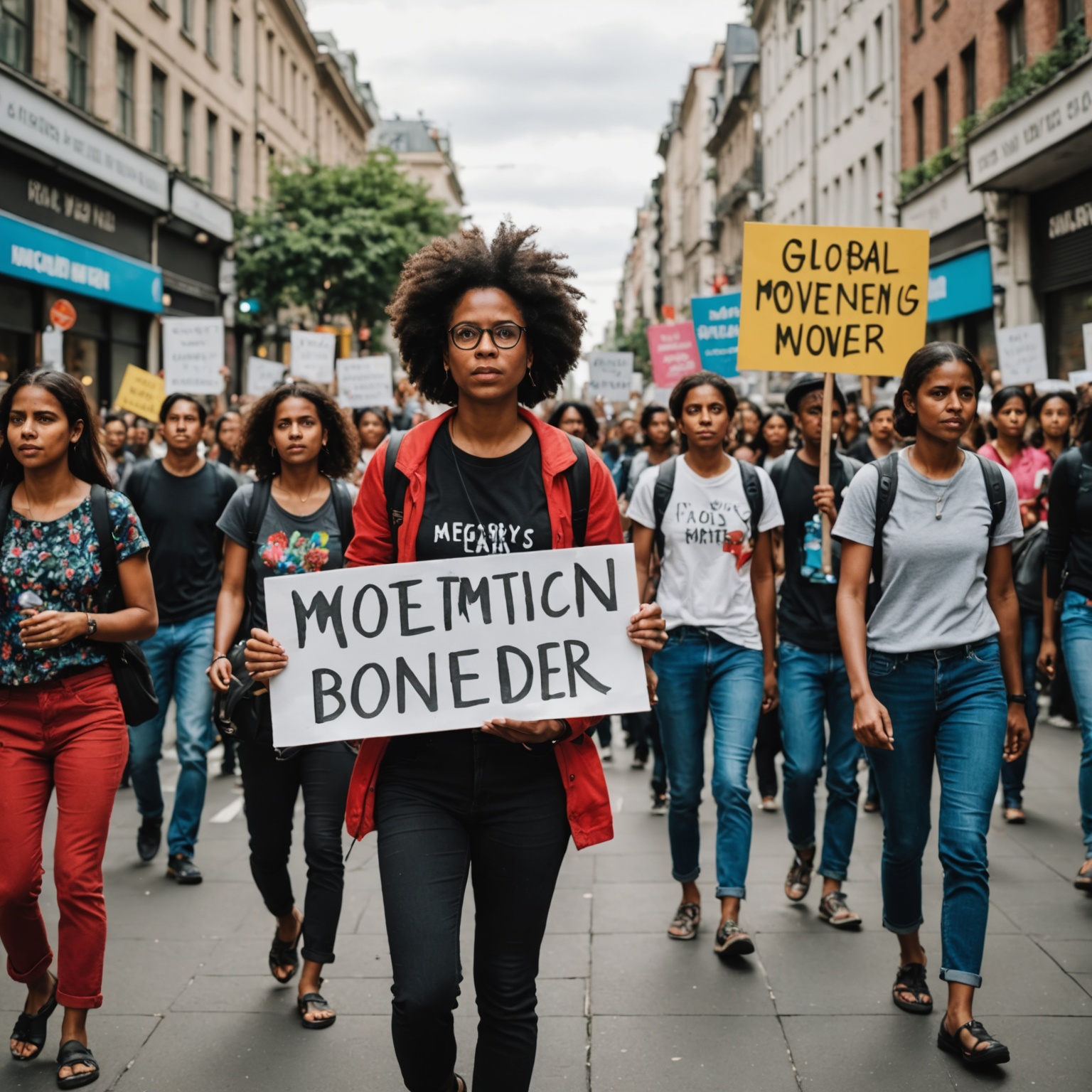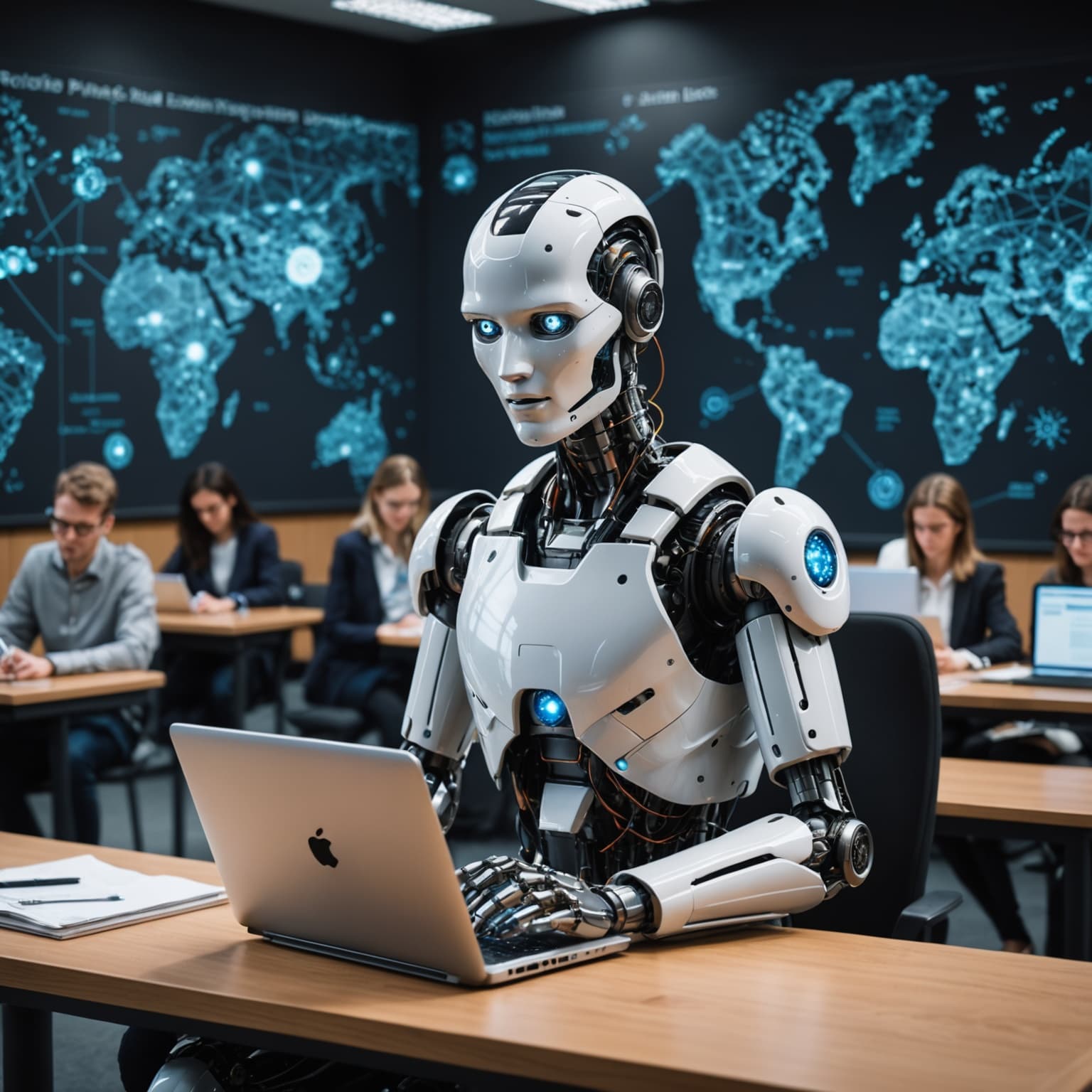Redefining Gender Roles: Global Perspectives on a Social Evolution

Redefining Gender Roles: Global Perspectives on a Social Evolution
The shift in gender roles across various cultures represents a significant evolution in societal norms, with profound impacts on both personal and professional spheres. This article delves into how traditional gender roles are being redefined globally, highlighting the forces behind these changes and the outcomes they foster.
Historical Context of Gender Roles
Traditionally, gender roles have been sharply defined. Men were often seen as breadwinners and decision-makers, while women were typically homemakers and caregivers. However, these roles have evolved due to various socio-economic and political factors.
In the West, the two World Wars played pivotal roles as women entered the workforce in unprecedented numbers. In contrast, non-Western societies have seen shifts due to economic changes and increased educational opportunities for women.
Technological advancements and globalization have also contributed to changing gender norms by opening up new opportunities for all, regardless of gender.
This section explores the historical shifts that set the stage for the current global reevaluation of gender roles.

The Impact of Education on Gender Roles
Education has been a critical driver in redefining gender roles. With greater access to education, women have been able to pursue careers and achieve economic independence. This shift not only challenges traditional gender roles but also contributes to broader economic growth.
Educational initiatives that promote STEM fields for girls are particularly influential, as they pave the way for a more gender-balanced workforce in the future.
Moreover, education fosters critical thinking and awareness of gender rights, which are crucial for challenging societal norms.
This section examines the role of education in transforming gender perceptions and expectations at a grassroots level.

Global Movements and Gender Norms
Global movements and social media have played significant roles in challenging traditional gender norms. Movements like #MeToo and #HeForShe have not only spread awareness but also encouraged active participation in gender equality campaigns.
The role of international organizations, such as the United Nations and its Sustainable Development Goals, has also been pivotal in promoting gender equality as a global agenda.
This section discusses how global connectivity and movements are reshaping perceptions and encouraging a shift towards more fluid gender roles.
Examples from various countries will illustrate how these movements have influenced local and international policies on gender equality.

Economic Factors Influencing Gender Roles
Economic independence is directly linked to changes in gender roles. As women gain access to higher wages and more secure jobs, they gain more agency in both personal and societal decisions.
This economic shift not only challenges traditional gender roles but also promotes a more equitable society by reducing dependency and enhancing individual choice.
Discussion in this section will extend to how economic policies can be designed to foster gender equality and support the transition in gender roles.
Real-world examples from different economies will be used to illustrate these changes.
In conclusion, the redefinition of gender roles is not just a social or cultural debate but a multifaceted evolution influenced by historical, educational, economic, and global factors. As societies worldwide continue to evolve, the perception of gender roles is likely to transform further, promising a future where gender equality becomes a universal norm.






